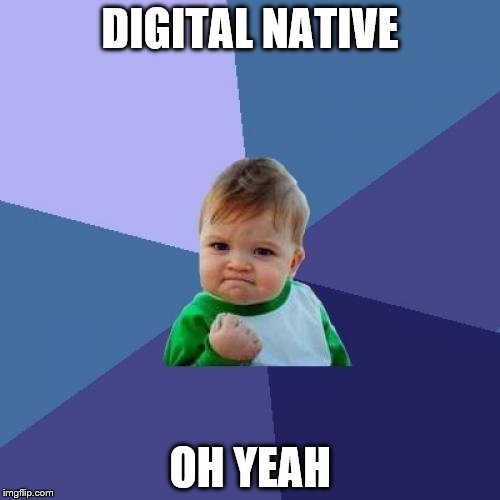"The notion that all young people are free to "volunteer" their labor for the good of communities and civic organizations has become entrenched, alongside the notion that older adults have more responsibilities and less time, because young people "save time" multitasking digitally.
This quote from chapter 4 stood out tome because it's something I never really considered being an issue. I did not know that older generational people were being given less digital responsibilities because the younger, digitally native generation can "save time". This may not always be the case. Some adults are more fluent in media than younger people.We should not assume/
"They share their private information and personal issues and upload their photos via mobile phones. However, sometimes others expose their friends' profiles from Prof to the major Internet sites based on the PC Internet with unpleased\ant comments, a practice that can be regarded as a form of cyber-bullying, known as sarasu.
This specific quote from chapter 5 stuck out to me because this is such a huge issue with online chatting, playing games, putting private information out there. There are so many risks that a person can encounter and those risks of violation grow the younger the person in, in my opinion. There are tons of people who prey on young people on the internet.
"Characterizing young learning as a homogeneous group through the use of terms such as "Digital Natives" is problematic for a number of reasons, but the main on is that through a broad generalization such terms gloss over the need to identify and recognize difference."
In chapter 6, this quote stuck out to me because it makes sense in a way. Not all young learners are going to be pros at digitally advanced things if they haven't been exposed to learning them yet. Some children are not in school, or do not have the financial means of owning new digital items.
"Digital Native"
This meme is expressing the relief that one might have knowing that they are privileged to be born in such an exciting time in the digital world. They will possess skills that some older generational individuals will never have.
This meme is expressing the relief that one might have knowing that they are privileged to be born in such an exciting time in the digital world. They will possess skills that some older generational individuals will never have.

A year or so ago, I sat through a museum conference session on managing volunteers that centered largely on what generation that they belonged to. Essentially they suggested that each generation expected to spend their time volunteering differently; as well as how to appropriately direct their skills and talents, which again was largely based on assumptions when it came to their age. I didn’t think about that while I was doing the readings last week, but your first quote reminded me that there is a generational divide when it comes to expectations of volunteers. I think back to the times that I’ve volunteered or interned at museums and wonder at the tasks I was given. Was I asked to work on digital archives because I was younger than the staff? I had assumed it was simply because it was needed done. It also makes me question how often I’m guilty of assuming a student is capable of a task that I assign them at work simply because they’re younger.
ReplyDeleteI like your take on digital natives by using the success kid meme. I had never considered that digital natives might believe themselves to be privileged, but in a lot of ways it is a privilege to have such readily accessible technology. I feel that it can be difficult to perceive our own privileges when they’re so entrenched in our day to day lives; we take technology for granted.